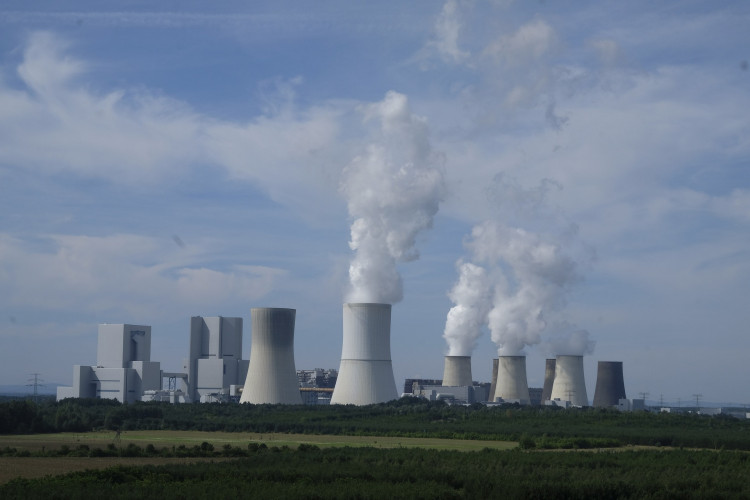A significant leak of radioactive water has occurred at the Monticello nuclear power plant in Minnesota, with approximately 400,000 gallons of tritium-contaminated water released into the environment. The leak, which was discovered on March 15, has sparked concerns over the potential environmental and public health impacts in the surrounding area.
According to Xcel Energy, the company that operates the Monticello plant, the leak was discovered during routine monitoring of the facility's groundwater. While the exact cause of the leak is still under investigation, preliminary findings suggest that it may have resulted from a broken pipe within the plant's cooling system. In a statement, Xcel Energy said, "We are working diligently to identify the source of the leak and implement appropriate corrective actions."
The leaked water contained tritium, a radioactive isotope of hydrogen that is commonly used in nuclear power plants. While tritium occurs naturally in the environment, exposure to high levels of the isotope can pose risks to human health and the environment. One nuclear expert explained, "Tritium emits beta particles, which can cause damage to living cells if ingested in large enough quantities."
Upon discovering the leak, Xcel Energy promptly notified the U.S. Nuclear Regulatory Commission (NRC) and the Minnesota Pollution Control Agency (MPCA), both of which are now closely monitoring the situation. The NRC has dispatched a team of inspectors to the plant to assess the extent of the leak and evaluate the potential environmental and public health risks.
At this stage, officials have emphasized that there is no immediate threat to public health, as the leaked radioactive water has not entered any drinking water sources. An NRC spokesperson stated, "Our primary concern is ensuring the safety of the public and the environment, and we will continue to work closely with Xcel Energy and the MPCA to address this issue."
Nevertheless, the incident has raised questions about the safety of nuclear power plants and the potential risks they pose to the environment and public health. In response to the leak, several environmental groups have called for greater transparency and oversight in the operation of nuclear facilities. One environmental activist said, "This incident highlights the need for robust safety protocols and ongoing monitoring to protect our communities from the potential dangers of nuclear power."
As the investigation into the Monticello leak continues, it is expected that further details will emerge about the cause of the incident and the steps being taken to address it. In the meantime, the situation serves as a stark reminder of the potential risks associated with nuclear power generation and the importance of maintaining rigorous safety standards and monitoring practices.






